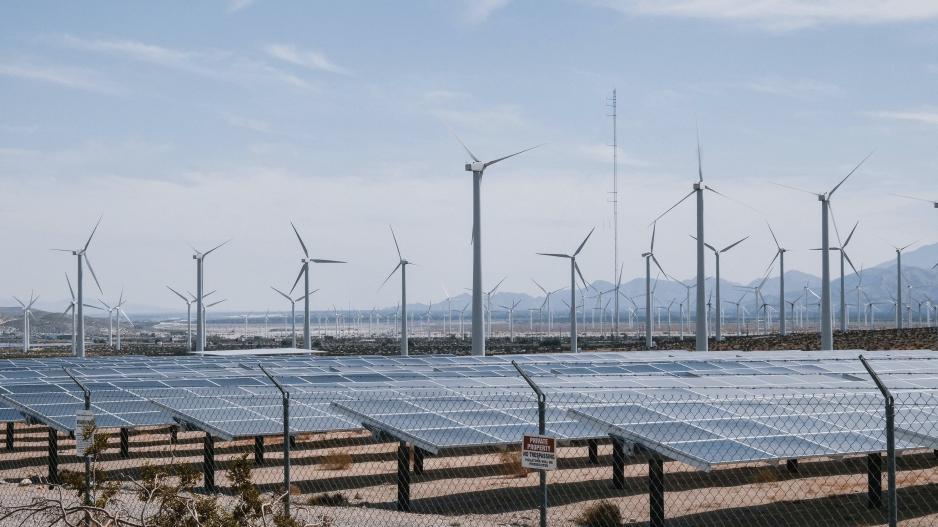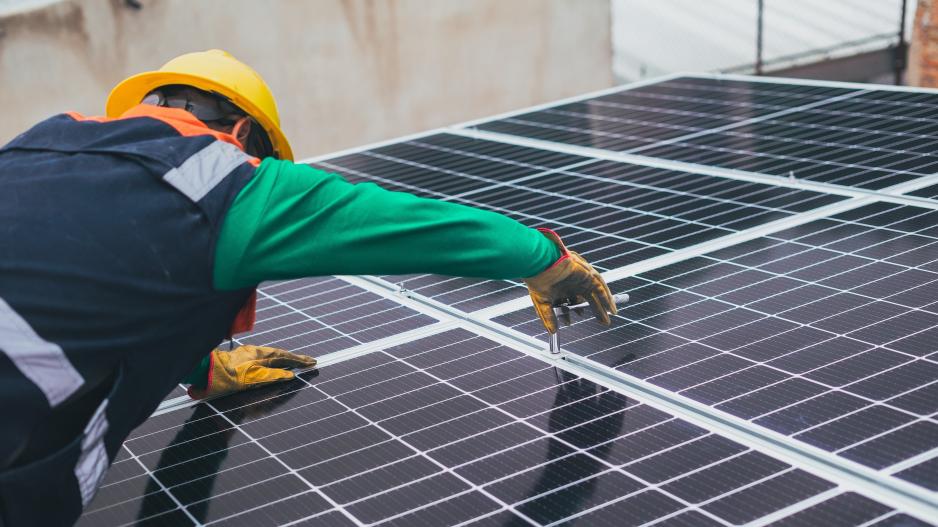Parliament passes law to streamline rooftop photovoltaic installations and reduce bureaucracy
In order to streamline bureaucratic procedures and reduce costs associated with the installation of photovoltaic systems on building rooftops, a law passed by the House of Representatives aims to address these issues.
The Plenary Session unanimously voted to amend the Road and Building Regulations Law based on a proposal by the Parliamentary Committee on Energy, eliminating the requirement for a construction permit for the installation of rooftop photovoltaic systems on existing buildings, considering them as attachments to the structure. Exceptions are made for buildings that have been declared historical or ancient monuments and fall within a controlled area according to the Antiquities Law, or within an archaeological protection zone or a designated airport zone.

Kyriakos Hatzigiannis, the Chairman of the Energy Committee and member of the DISY party, stated that the proposed law aims to grant every citizen of the country the opportunity to engage in energy production by decisively tackling bureaucracy. According to the proposal, citizens who wish to install photovoltaic systems on their rooftops no longer require any construction permits, provided they have access to electricity from the grid. “This approach promotes decentralized production of renewable energy at the household level,” Mr. Hatzigiannis said.
Kostas Kostas, a member of the AKEL party, highlighted the inconsistencies in the requirements imposed by different municipalities and communities regarding the installation of renewable energy systems. He emphasized the need for the Commerce Committee to address these issues, as they have already taken steps to amend legislation and reduce the time required for licensing renewable energy systems. He also stressed the need to standardize requirements and overcome obstacles to the installation of renewable energy systems.
Chrysis Pantelidis, a member of the DIKO party, emphasized the significant benefits that can be achieved by implementing this legislative amendment, which effectively addresses numerous obstacles and delays hindering the installation of Renewable Energy Sources.
Marinos Sizopoulos, EDEK president, proposed four actions to promote renewable energy sources, specifically addressing bureaucracy, simplifying the approval process for installing photovoltaic systems in residential properties, upgrading the grid infrastructure, and implementing regulations for energy storage.
Michalis Giakoumi, a member of the DIPA party, stated that the government has a responsibility to assist citizens in the installation of photovoltaic systems to address the high cost of electricity and to support vulnerable groups as well as the general population.
Charalambos Theopemptou, Greens president, criticized the authorities for creating obstacles and difficulties in the installation of photovoltaic systems over the years, citing reasons such as a lack of personnel in the Department of Electrical and Mechanical Services and insufficient meters. He urged the committee to take decisive action to overcome these "invisible forces" that hinder the development of photovoltaics.
In summary, the law passed by the Parliament's Plenary Session seeks to simplify procedures and reduce costs for the installation of photovoltaic systems on building rooftops. This legislative amendment eliminates the need for a construction permit, with exceptions for designated historical sites or areas of archaeological importance. The proposed law aims to promote decentralized renewable energy production and addresses the inconsistencies and obstacles faced by citizens in different municipalities.






